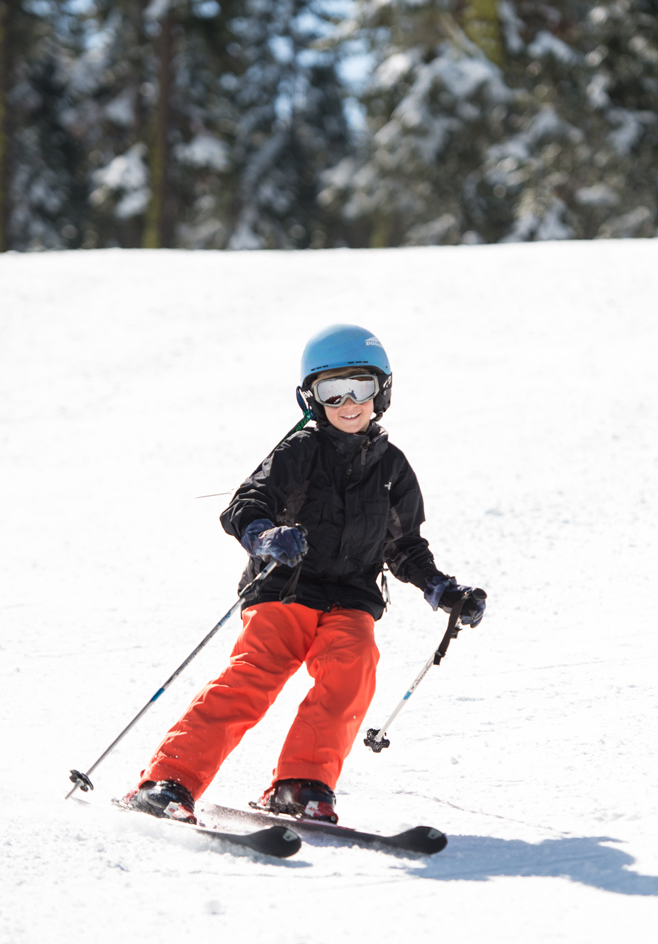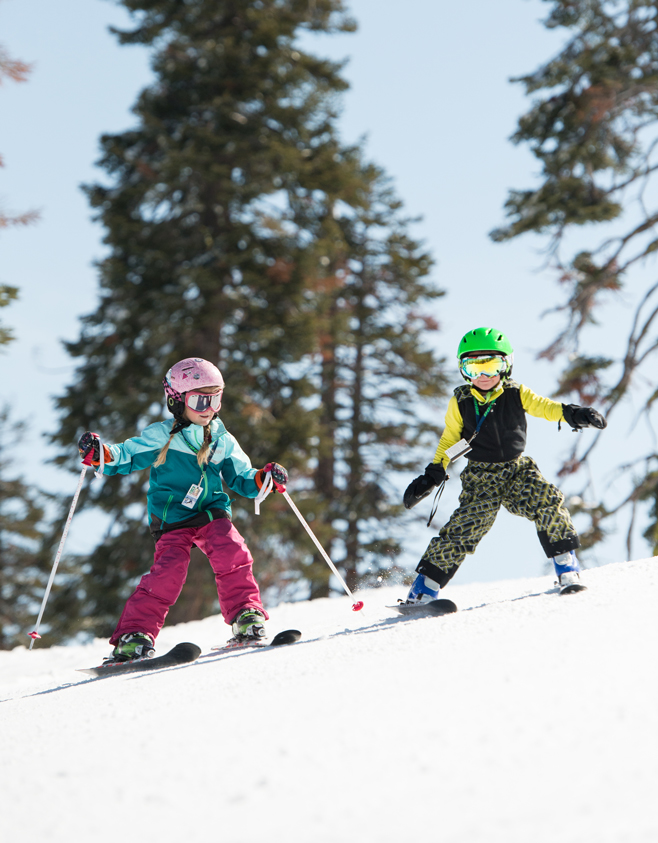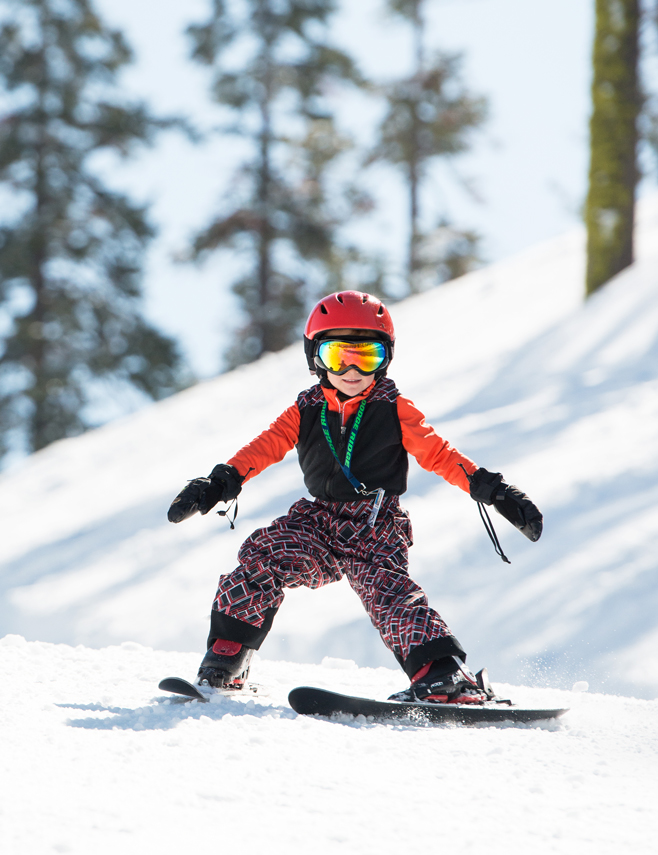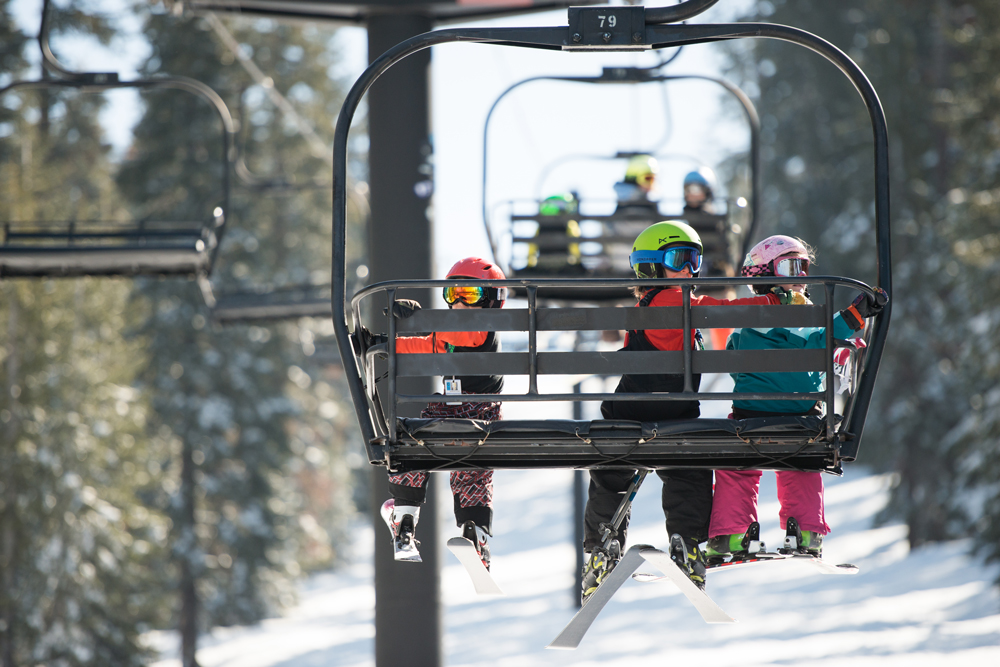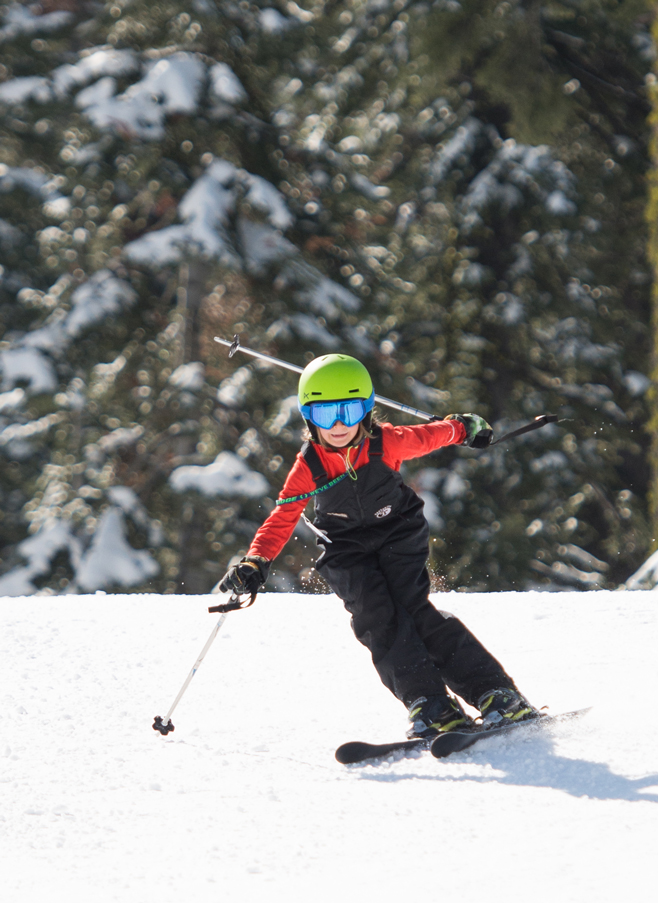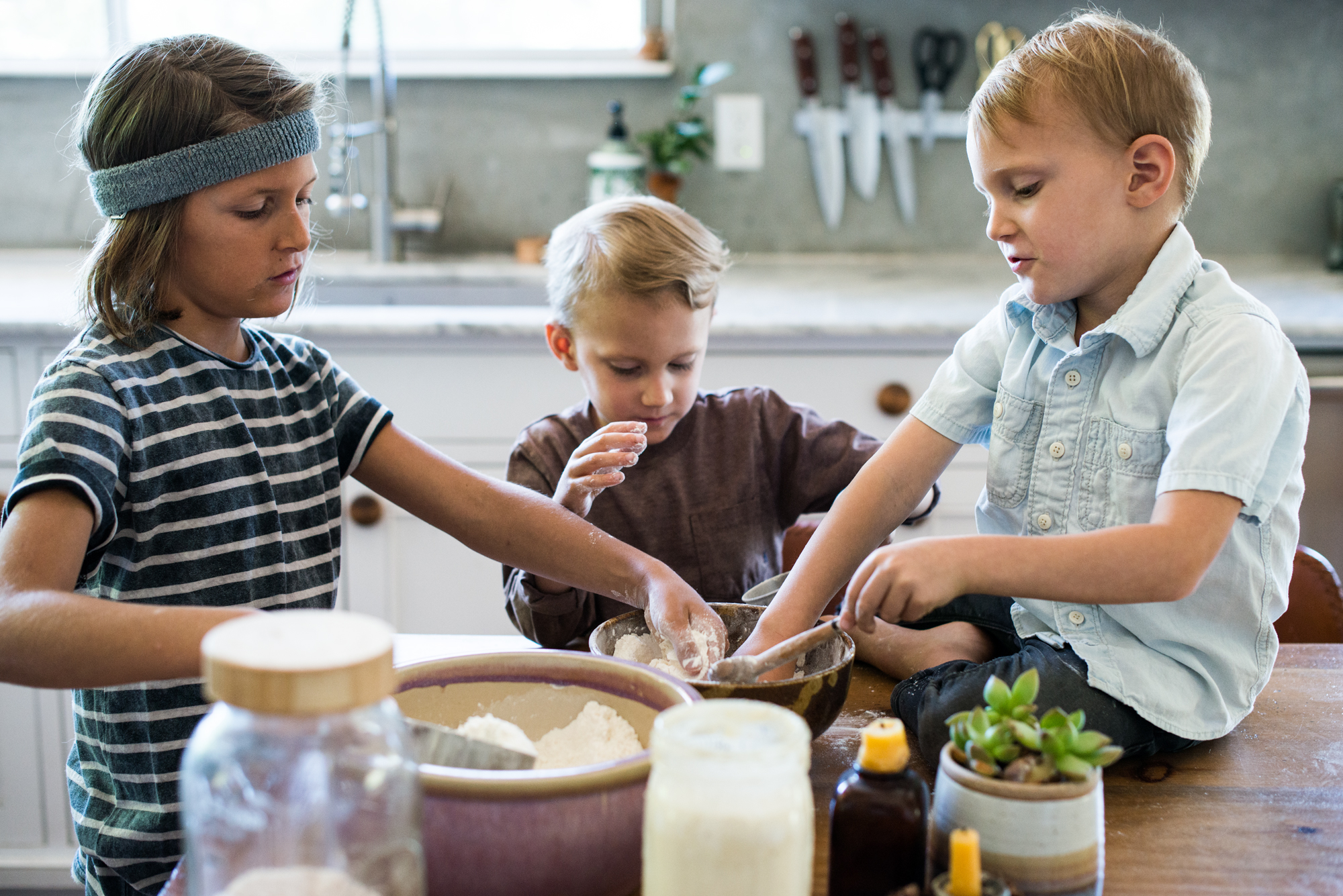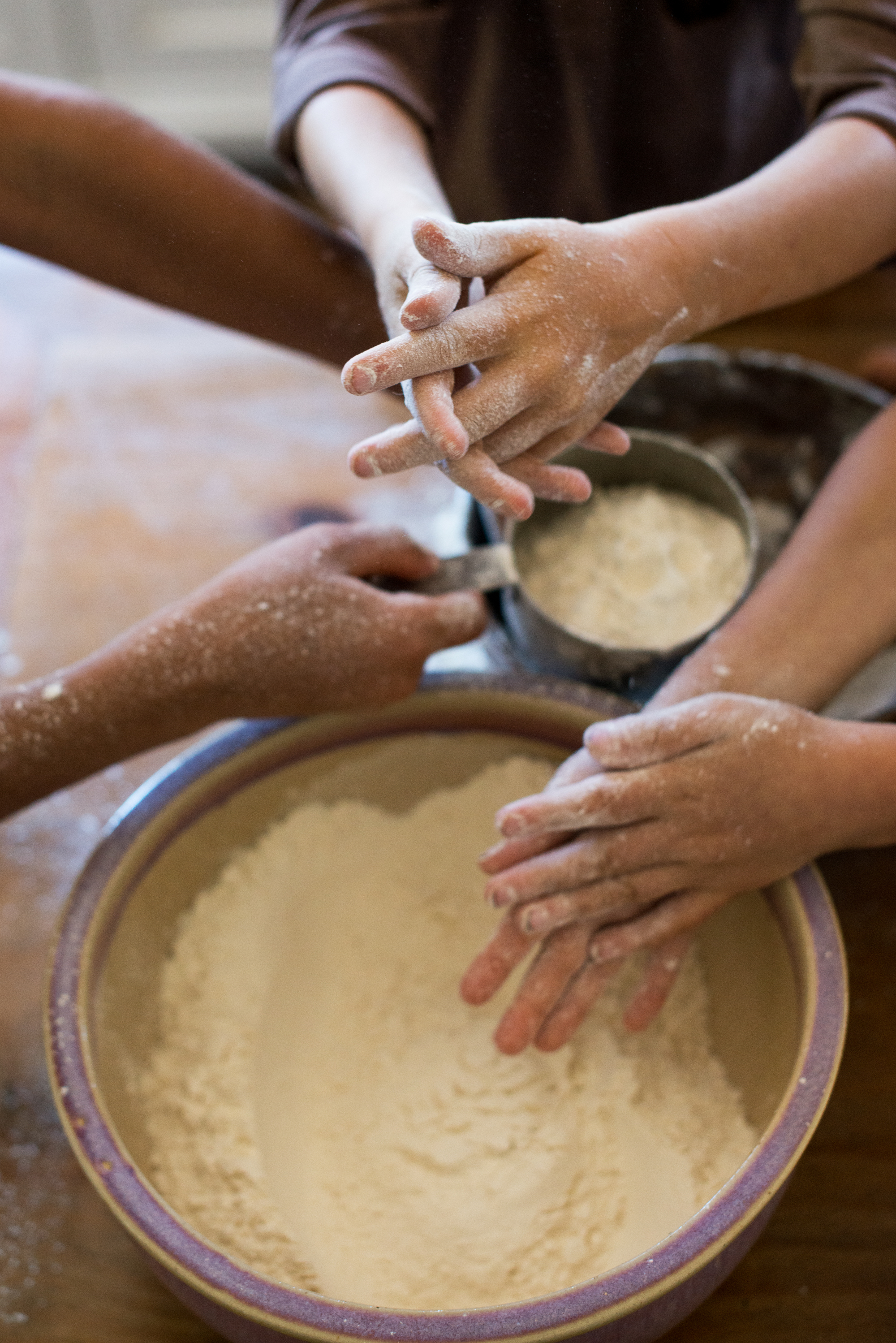Well, we did it! We finished off our third year of homeschooling and the thought of writing up a recap brings all types of emotions up within me. Looking over the year as a whole, I am reminded of the peace and joy we encountered, yet, if I take off my rose-colored glasses, I remember enduring one of the hardest seasons in homeschooling thus far. I went through the real-deal homeschool "burnout" from March until May and I'll be honest, it was a hard rut to get out of.
I wanted to give a recap to those who are wondering what unschooling looked like for us in this past year as well as document some of our memories. Prior to starting the school year, after some time in prayer, the Lord gave me the word "BOLD" to describe our upcoming year. I wasn't sure how that would apply to unschooling as it seemed quite the opposite, but as the year progressed, the purpose of the word became more and more clear.
I also had prayed about opportunities for the children, as experiencing life outside the classroom is such a big part of unschooling. The Lord had prompted us to introduce instruments to the two older boys. I hadn't put much thought into music as neither Jason or I play instruments, but we budgeted a way to make it happen, and my goodness, it's been a complete blessing having live music in the house!
When Carter had discovered the news of his very own violin coming in the mail, he requested that we head to the library so he could check out books pertaining to music. The morning after our library trip, I had found a sheet of paper with diagramed bass clef and the treble clef bar lines, all of the appropriate notes, and several music theory terms and definitions written down. It blew me away, but it was confirmation that he was ready and his heart was excited. As soon as the violin arrived he started playing and he hasn't stopped. He's amazing. He will walk into the room and play a song he had just read the music to, already memorized and ready to perform! Jason and I, in multiple situations, have just looked at each other in awe of this child. God is so good. He knew what he was doing when nudging us to introduce music.
I wasn't expecting Everett to take off with music in the same way his brother did. I was right and wrong in the best of ways. While he is not as interested in perfecting the technicalities, he has this amazing heart of worship and a beautiful voice. Everett has started worshipping on one of our rotating worship teams at church and has even been singing solos on stage. The worship leader, a dear friend, has noticed his gift of worship and has been pouring into him. She encouraged us to continue investing into this gift as we all know the Lord is going to use it change hearts for Him! Everett also chose to be baptized in May, which was completely prompted by him - another example of being BOLD this year.
From an educational perspective, removing all of the traditional expectations of academic responsibilities and requirements, and just trusting in the children's natural desire to learn, took a giant burden off of me and I was able to sit back and watch their interests flourish. I started viewing my role as a partner, rather than a teacher, and just supported them in their own journey.
As a partner, basically my job was to introduce resources that supported their interests and provide materials that enriched their learning threads, which worked well, because I like researching and I like materials. When an interest would arise, we would go to the library, check out books, watch documentaries, purchase games or helpful resources, and notebook about the information we were learning. While most of the subjects we visited were gratifying to me, we did get stuck on a few subjects that were not (this was hard for me!).
For example, the children researched dogs for a good three months. I offered other literature to keep their plate a bit more balanced and hopefully spark something in them to divert their studies, but overall, their main interest was dogs. It took that subject and the length of it's duration for me to really see how organic education works, maybe because I had no interest in it and I had to follow their lead a bit. I'm not sure, but in the process, they managed to research characteristics of breeds, which led to geography, followed by history and then finished with genealogy.
When they were figuring out cross-breading, my role as their partner was to introduce the concept of genetics and show them how the Punnett Square can determine probability. Don't be too impressed, I totally forgot about all of that stuff and had to research it myself, but that's the beauty of learning alongside your children. Countless charts of dog characteristics, books about dogs, and reports on dogs were written during this period and by the time I was able to get them to move onward, I had notes showing all of these impressive learning threads that were taking place. I grew quite confident that all standard "traditional" subjects were covered in their learning, with the bonus of them being mentally and emotionally invested.
Having researched unschooling prior to actually committing to it, I had learned of the cognitive benefits of following one's interests. When one is interested in a particular subject, their dopamine levels rise, causing long term memory accessibility (which explains why we don't remember much of what we learned in school!). You can hear about that connection and more statistics on unschooling from my Wild + Free talk last conference....listen to episode 5 if you're interested (it's free!).
We continued our Morning Collective, which is where we connect as a family and read a lot of good literature. Rather than controlling or assigning what the children read in their personal quiet time, I allowed them to choose for themselves. They were very predictable: Carter read just about every juvenile fantasy book in our library, Everett finished every Gary Paulsen book and numerous pioneer-time novels, and Scarlett fell in love with Marguerite Henry, because...horses.
In all honesty, my hope was that by removing requirements from them, they would become these little voracious readers that couldn't quite put a book down. In all reality, they typically read only when it was quiet time or at night in bed. Throughout the day when we weren't reading as a collective, notebooking, or if they weren't outside, they would spend time as a group pouring over encyclopedia/ fact-based type books. Not my preference, but certainly crowd favorites in this household. Some of the books that are pulled out constantly are Picturepedia, The Dog Encyclopedia, National Geographic Family Atlas, MAPS, and The Animal Book. The good news about them reading such books is that I didn't have to. And they truly learned how to research without using the computer, which I don't believe I even know how to do anymore.
A big portion of our winter was spent skiing. The children counted that we skied 31 times! Oh my word. No wonder we summer school. My favorite part was picking up other homeschooled kids on the way, listening to audio books, watching them read in the lodge during lunch, and hearing them sing hymns on the lifts. Often times the older kids had free reign over the mountain and I would challenge them to make new friends and ride on the lifts with strangers. Because no other kids were on the slopes mid-week, they ended up riding with random adults who held interesting jobs and had stories to tell. I loved finding out who they met and their stories and enjoyed encouraging them to "network" and share the love of Jesus through listening. #Peopleskillz
Let's talk homeschool "burnout". This was my first year experiencing burnout to a heightened intensity. I almost felt depressed (my mom will be disappointed in me for speaking that word--sorry Mom). Guilt, inadequacy, fear, frustration; these were daily emotions that were real. I found myself on my knees quite a bit, praying to the Lord for contentment or encouragement. Looking back, knowing that it was a heavy winter and we didn't have much sun, I can see that there was some sort of correlation, but regardless, it was hard and I wanted to throw in the towel. I had to look back on my homeschool vision a few times to remind myself why we have chosen such a route. We pressed through. While there were some good days, our notebooks are a testament as to how our efficiency tapered down during those months (as in, I think we notebooked thrice in March and twice in April). Oops.
So what did I learn from this past school year? That freedom feels good. In the past, I was under so much bondage, always feeling defeated, thinking my children were getting a sub-par academic experience because of the large family dynamic and my lack of conviction to check off the list. I had to let that go. I am actually still working on it and probably will continue to. I learned to view experiences as education, and when that light went on, it became addictive; wanting them to taste and see the world around them.
I started saying yes. You want to learn how to computer code? Sure. You would like to learn how to sew? No problem. You're interested in pottery? Good, I need some more bowls. You want to start making bread every week? YES. With every yes, my home started to get messier and messier. And for that reason, I'm still unsure why we're unschooling. Kidding. I should also note that we aren't consistently stacking experiences on top of one another. We still want peace in the home and an environment free of too much stress, so there's a lot of dead time between such activities.
MECHANICS
- As far as math, the children did math daily and continue to do so throughout the summer. Carter loves math and is teaching himself Algebra. The others don't care for math but continue to do it as a daily discipline. I may let that go as well. I haven't quite gained the confidence to but I'm hoping as we continue this journey of alternative learning that we may find more effective and enjoyable ways of putting math into practice.
- For those of you who are interested in what math curriculum we use, the middle two (grades 2 & 4) still use Math Mammoth. Carter is going to be doing Teaching Textbooks Algebra 1 & 2 this upcoming year and the twins (Kinder) will just have hands on organic math--which means lots of baking, counting pebbles, and playing cards. This is the only curriculum we use. I hope that helps answer that frequent question. :)
- My middle two dabble in spelling from time to time (not by choice). If I notice that they're not spelling well, we will go over some common words until I feel like they are adequate spellers for their ages and stages.
- We still notebook, and I am not willing to let go of that. It's our one way to document our learning and to see improvement in writing, art and penmanship skills.
- I also added a daily group exercise this year as well. It's been fun pushing my kids physically (for me, not for some of them). We've watched a few "natural workouts" on Youtube for inspiration. I feel like if a war were to ever break out, the kids would be able to adequately run through the woods discretely. Priorities.
Next year's plan? We are going to do the exact same thing! I thought unschooling would be a one-year experiment, but I believe it is the best fit for us. Looking back, we naturally approached subjects in block formats, spending anywhere from three days to three months on them. The more interested the children were, the more materials and experiences we attained to heighten the process. Some of the subjects we visited were: rocks and minerals, flight & aerodynamics, classical music history, horse history, environmentalism, Native American history, dogs (of course), geneology, herbal remedies, music theory, ornithology & ecology, math games, clouds, moon phases, formal art study, and currently biomes and ecosystems.
Towards the end of summer, I am hopefully going to plan out a few blocks in advance, so that I have time to accumulate resources for them and plan coordinating field trips and experiences. When I started contemplating this upcoming school year, I knew that I would want to make information available to those who are interested in a Charlotte Mason/Unschooling/Block Studies approach as well. This started the thought process of potentially selling my efforts here on this site, which birthed a little side business, Schoolhouse Curiosities!!
I'm fervently working through two manuals right now, my Notebooking Manual and a Getting Started Manual. They are close to being finished and my hope is that they will be ready in time, for those who are interested, to be able to apply such methods in the upcoming school year. As for the blocks, I will be documenting them as we go through them personally, which means that they will be released all throughout 2017/2018.
Originally, my amazing friend, Jennifer Naraki, and I were going to coordinate some of our block studies and sell them as a unit, but with her recent journey (go here to help her sweet family!), she is obviously spending her time where she should be. I am praying for quick and complete healing for her because she is going to be an incredible teammate one day!
In the meantime, while I still continue to work on the resources, if there are any questions that can be answered in the manuals, please ask. The resources will be geared towards teaching Pre-K-6th grade and I am so excited to share what has worked for our family in great detail. Thank you for walking alongside us in this journey!!







